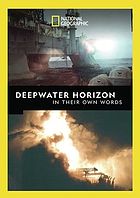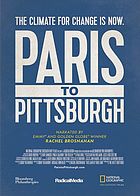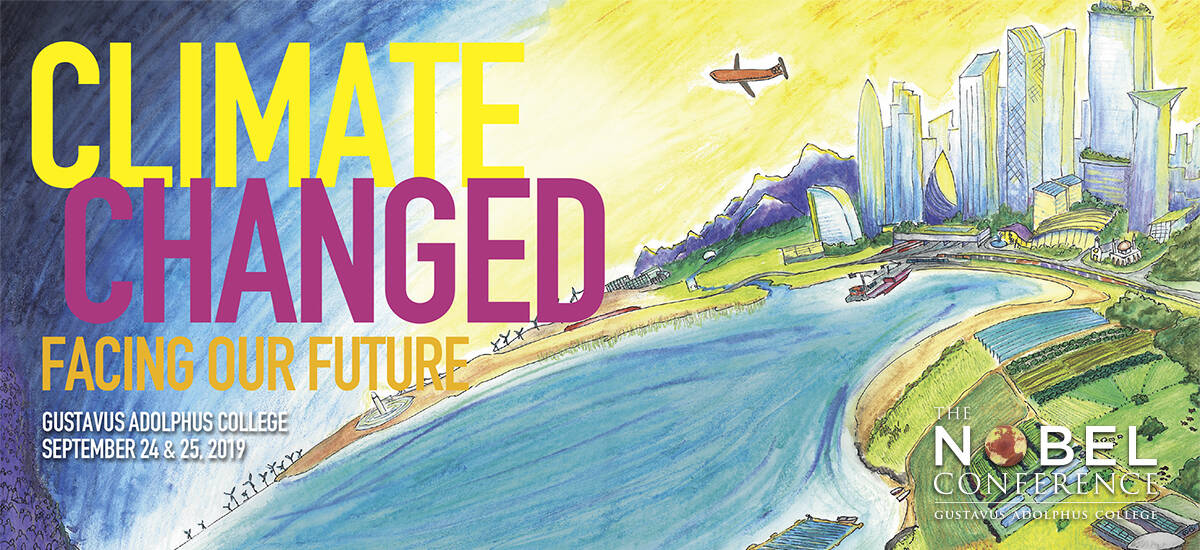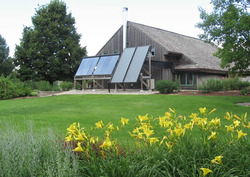
What is energy geography? Energy geography is the study of energy’s spatial dimensions, and the use of geographical concepts to understand energy issues. Energy is integral to social and spatial relationships, linking physical and human factors. Energy systems involve both social and technical aspects, which shape each other. This means that energy geography must necessarily be interdisciplinary. Geographical studies of energy have incorporated methods and ideas from a wide range of disciplines, including economics, cultural studies, political economy, political science, legal studies, history, sociology, anthropology, science and technology studies, urban planning, GIScience, and civil engineering–just to name a few. Whether analyzing patterns of human energy production’s environmental impacts, tracing transnational energy commodity chains, or assessing the justice implications of energy developments, energy geographers mobilize a diversity of approaches to further our understanding of these complex issues.
This guide serves as a general resource on energy geography as well as a guide for students in GEG 229. It was created by Librarian Anna Hulseberg and Professor Tiffany Grobelski.
Note: Some resources on this guide are restricted to Gustavus users. If you are not a Gustavus user, you may need to contact your local library for assistance accessing material.
Questions? Contact Anna Hulseberg (ahulsebe@gustavus.edu). Helping students with research is my favorite part of my job!

"Winter Harbour - Cycling in Winter in Copenhagen" by Mikael Colville-Andersen is licensed under CCO 1.0
Selected key works in the field of energy geography. Tip: Visit the Finding Books in the Library guide.
Looking for more books? Search the Library Catalog
Connect with a Librarian: All research help options.
Chat 24/7: When Gustavus librarians are not available, librarians from other institutions will be available to help you 24/7.
Research Help Appointments: Schedule a one-on-one consultation with a Gustavus librarian; both in person and virtual appointments are available.
Research Next Steps Program: Fill out this form at any point in your research; a librarian will respond with suggestions and tips within two business days.
E-mail: folke@gustavus.edu (please include your name, the best way to contact you, and a brief description of your research needs)
Contact us directly via this form; we'll get back to you within one business day.
What are review articles and why are they useful? Review articles summarize the current state of research on a particular topic and are a good place to start. The articles below provide overviews of the field of energy geography:
 Deepwater Horizon: In Their Own Words
Deepwater Horizon: In Their Own Words
 Paris to Pittsburgh
Paris to Pittsburgh
 Power Surge: Are We Finally on the Brink of a Clean Energy Revolution?
Power Surge: Are We Finally on the Brink of a Clean Energy Revolution?
Call Number: Audio Visual TD195.E49 .N68 2011
 The Prize: The Epic Quest for Oil, Money and Power
The Prize: The Epic Quest for Oil, Money and Power
Call Number: Audio Visual HD9560.5 .P74 1992
 SoLa: Louisiana Water Stories
SoLa: Louisiana Water Stories
Call Number: Audio Visual HD9567.L6 S65 2010
Climate Justice: Unearthing the Climate Crisis as an Issue of Human Suffering (25th Annual Building Bridges Conference, 2020)

Climate Changed: Facing Our Future (Nobel Conference 55, 2019) 
Celebrating 50 Years of the Nobel Conference: Where Does Science Go from Here? (Nobel Conference 50, 2014)
Heating Up: The Energy Debate (Nobel Conference 43, 2007)

This work is licensed under CC BY-NC-SA 4.0